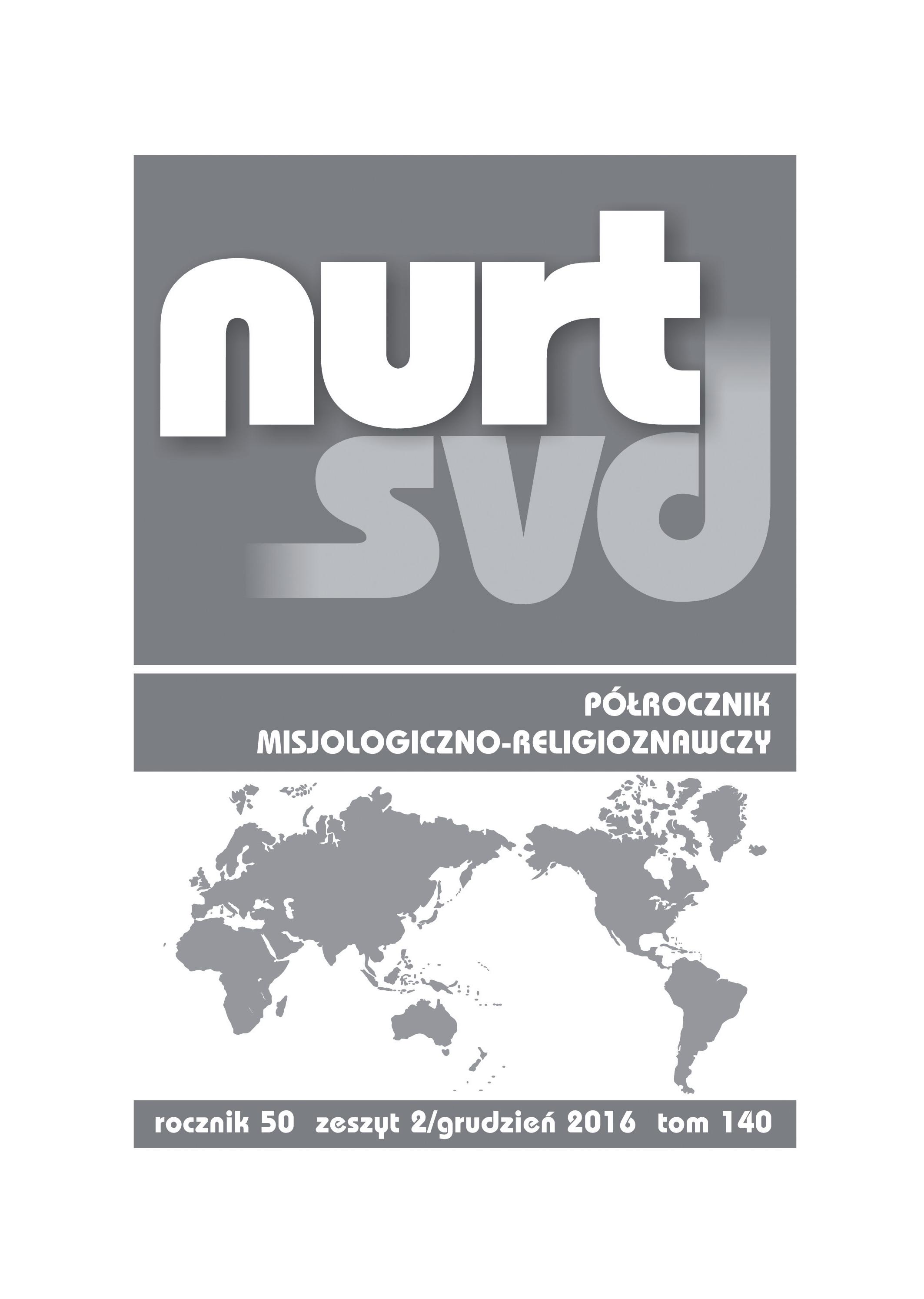Od Ad gentes do Redemptoris missio - cele i horyzonty misji
From Ad gentes to Redemptoris missio - objectives and horizons of the mission
Author(s): Jan GórskiSubject(s): Christian Theology and Religion, History of Religion
Published by: Verbinum
Keywords: Ad gentes; dialogue with religions; inculturation; missiology; paradigm of mission; Redemptoris missio; Second Vatican Council
Summary/Abstract: The 50th anniversary of the publication of the decree Ad gentes (1965-2015) reminds us of the dynamic changes that have taken place during all those years in the understanding of the Christian missionary work. The author of this essay demonstrates how the paradigm shifts in the theology of mission were accompanied by the recurring question about the purposefulness of the missionary work of the Church. The post-conciliar documents - Redemptoris missio (1990), Theology today (2011), Evangelii gaudium (2013), Laudato si' (2015) - corroborate his thesis. According to the "great debate" between the missiological schools the central purposes of mission is proclamation and formation of the churches. Other purposes include inculturation, interreligious dialogue and those activities that foster the holistic development of man. The encyclical Redemptoris missio opens the Church to the "vast horizons of the mission": migrations, secularisation of societies, religious indifference, and fading away of piety and hope among believing Christians. Since Vatican II the theology of mission has been firmly set in the trinitarian theology. The missionary mandate (cf. Mt 28:19) is an invitation to participate in the communion between the Persons of the Holy Trinity (see AG 2; RM 23). The author of the essay proves that the post-conciliar renewal of the Church's mission continues. A synthesis of its outcomes and their active implementation may help us to rekindle the optimism of the council.
Journal: Nurt SVD
- Issue Year: 140/2016
- Issue No: 2
- Page Range: 117-124
- Page Count: 8
- Language: Polish

